Legal and financial unsoundness
The real estate market is an important part of the economy , contributing about 10% of GDP annually through real estate and construction business directly.
In addition, the real estate market creates jobs and income for hundreds of thousands of workers as well as creates essential infrastructure for a series of industries and services, especially providing housing for tens of millions of families and implementing the industrialization and urbanization strategy that changes the face of the country.
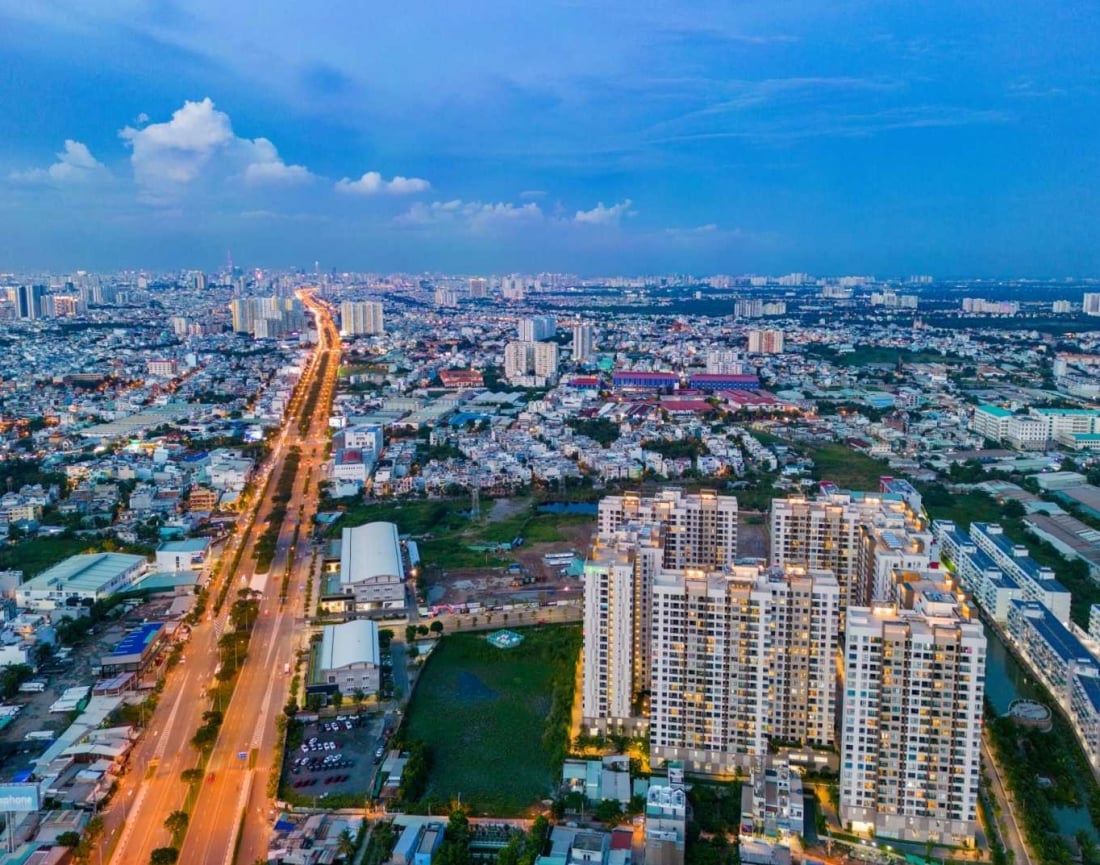
The real estate market is facing many challenges. (Photo: DM)
However, compared to the goods and services market or the financial market, the real estate market in our country fluctuates much more strongly and always goes hand in hand with "hot fever, cold fever", sometimes "bubble", sometimes "freeze".
In particular, the phenomenon of real estate speculation is continuously growing in scale, extent, scope, complexity and recklessness.
According to Dr. Vu Dinh Anh, Institute of Economics and Finance, the real estate market has a close relationship with the financial market, bank credit market, stock market as well as corporate finance and finance of households and individuals.
However, the lack of legal and financial health is the root cause of the unbalanced development of the real estate market. Many real estate products are increasingly moving away from the real needs of the whole society and are shifting to meet the needs of speculation, hoarding real estate, and even assisting in money laundering.
While tens of millions of people with real needs cannot access suitable real estate products, millions of billions of VND and thousands of hectares of land are poured into abandoned real estate products, causing a terrible waste of economic resources and deepening social inequality.
Therefore, the health of the real estate market is not only necessary and urgent for the development of the real estate sector but also closely related to the health of the financial system, the national finance and, more broadly, the economy.
Capital flows into the real estate market are not yet healthy.
Regarding the issue of capital for real estate, Dr. Vu Dinh Anh said that this capital source is large in scale, it can be up to tens of thousands of billions of VND for a project and the total investment capital in real estate is equivalent to hundreds of billions of USD, but it must be a stable and sustainable medium- and long-term capital source.

Dr. Vu Dinh Anh, Institute of Economics and Finance. (Photo: KTCK)
In fact, the capital source for the real estate market has not guaranteed health when about 70% is bank credit capital with a scale of up to 2.6 million billion VND, accounting for more than 20% of total bank credit for the economy, while equity capital only accounts for about 10% and real estate corporate bond capital is also only about 10%.
“Obviously, bank credit cannot become the main source of capital for the real estate market in terms of terms, loan costs, and constraints on collateral and mortgaged assets,” said Dr. Vu Dinh Anh.
According to Mr. UK, the unhealthy capital source for the real estate market when relying too much on bank credit is more evident when monetary policy tends to tighten, interest rates increase and liquidity of the financial system is narrowed.
“Improving capital sources for real estate market development by reducing dependence on bank credit capital, increasing the proportion of capital from issuing corporate bonds, from real estate investment funds, from equity capital, from the stock market,... is the way out for real estate finance today,” said Mr. Older brother.
Source










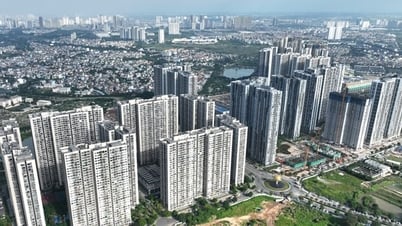

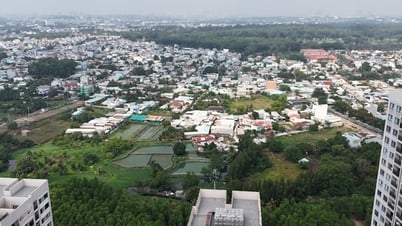



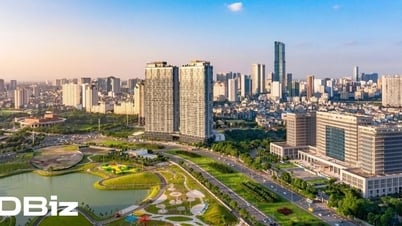



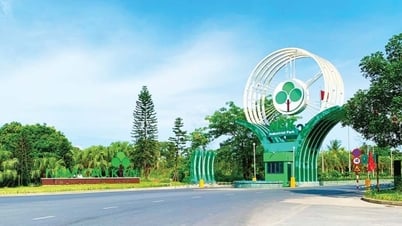




























































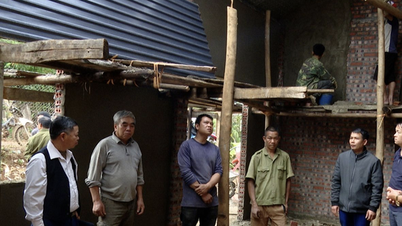























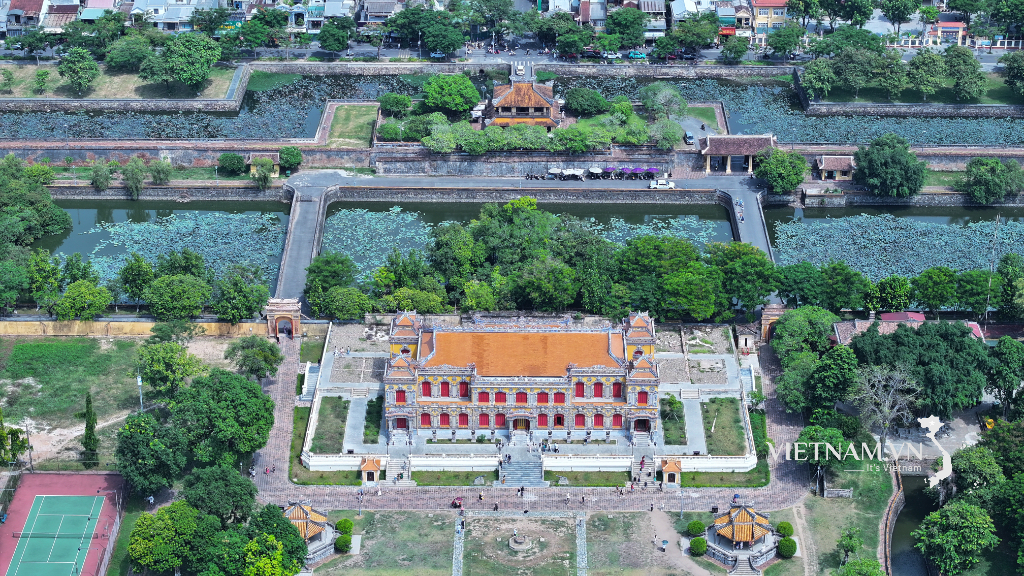
Comment (0)